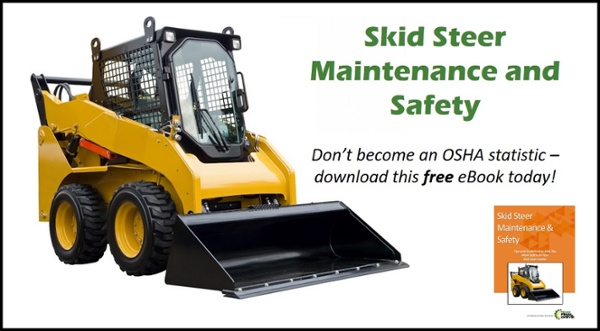As much as we may be reluctant to perform maintenance, it's always going to be cheaper than repairs for compact equipment and the final drive motors that run them.
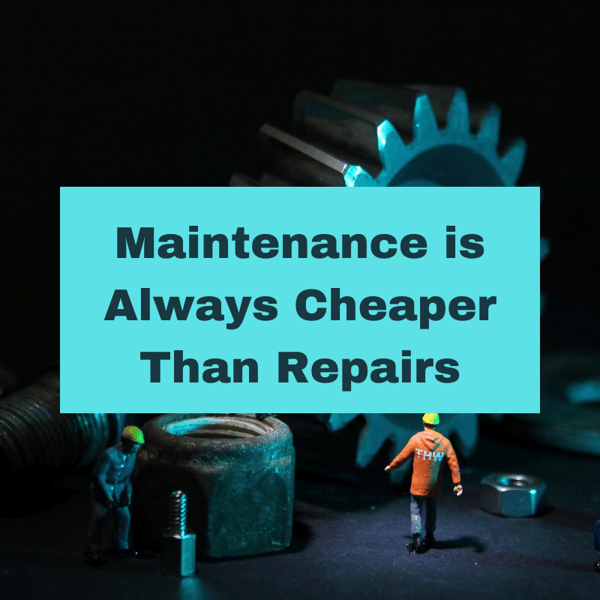
Here are a few other Shop Talk Blog posts that you might find helpful:
- Daily Maintenance for Skid Steer Loaders
- Compact Track Loader Maintenance
- Very Real Dangers of Reactive Maintenance
Why We Are Reluctant to Perform Maintenance
Let's face it: for most of us, maintenance isn't our favorite thing to do, whether it's replacing the AC filter in our home or the hydraulic filters on our machine. We have a tendency to hate taking a machine out of commission for a while when there isn't an obvious problem with it.
And oftentimes we are pressed with deadlines we have to meet and just put that maintenance off until the job is finished. Then another job comes up, and we put that maintenance off for a little while longer.
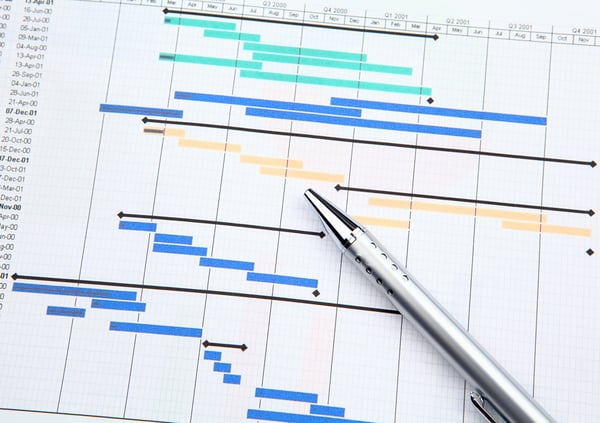
Looming deadlines often push maintenance tasks out of the picture
But here's the thing: when we keep procrastinating about maintenance, eventually our equipment will come to a grinding halt because something serious has gone wrong.
Purpose of Maintenance
The goal of maintenance is to "maintain" our equipment so that it provides us with reliable performance. According to ReliabilityWeb.com,
"The ultimate goal of maintenance is to provide optimal reliability which meets the business needs of the company ... The probability or duration of failure-free performance under stated conditions."
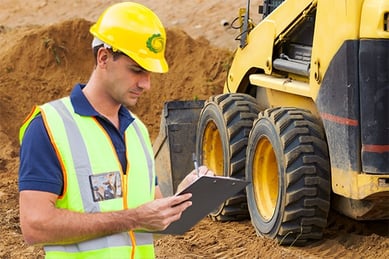
Following a regular maintenance schedule pays off in the long run.
And this makes sense: the more reliable our compact equipment, the better we are able to get our work done and meet the deadlines that make or break our success. This implies that reliable equipment is critical to our ability to make money -- and so is the maintenance that keeps it reliable.
Maintenance Costs
Maintenance does have costs associated with it -- and it usually isn't cheap. There is the cost related to the loss of productivity while our equipment is down. And depending on who does the maintenance, there can also be cost involved with their time in performing the maintenance. Next, there are going to be costs related to purchasing maintenance supplies (e.g., filter, oil, etc.).
Costs When Maintenance Isn't Performed
Failure to perform maintenance can lead to costs as well. First, and often the least obvious, is a slow degradation in performance. We don't immediately notice when it takes a little longer for our SSL to travel when carrying a full load. But eventually, we will notice it.
Then there is the fact that failure to perform maintenance always leads to failure. while some causes of failure can be very inexpensive to fix, the damage from catastrophic failure is usually very expensive to address. And in some cases, as we've discussed with final drive case drain filters, the damage may be irreparable -- and that means buying a new final drive.
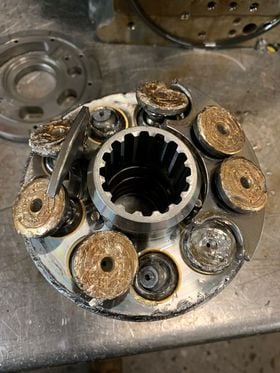
This kind of damage is serious -- and leads to a totaled final drive.
Then there is the downtime needed for troubleshooting and repair, or waiting on a replacement part. And add to that the costs of repair and we find ourselves paying a lot more money for repairs than we would have for maintenance.
Conclusion
Maintenance is always going to be cheaper than repairs. And this is just as true for your final drive motors and track drives as it is for your compact equipment as a whole. We always encourage our customers to follow maintenance guidelines provided by equipment manufacturers and we are always happy to answer final drive maintenance questions.

